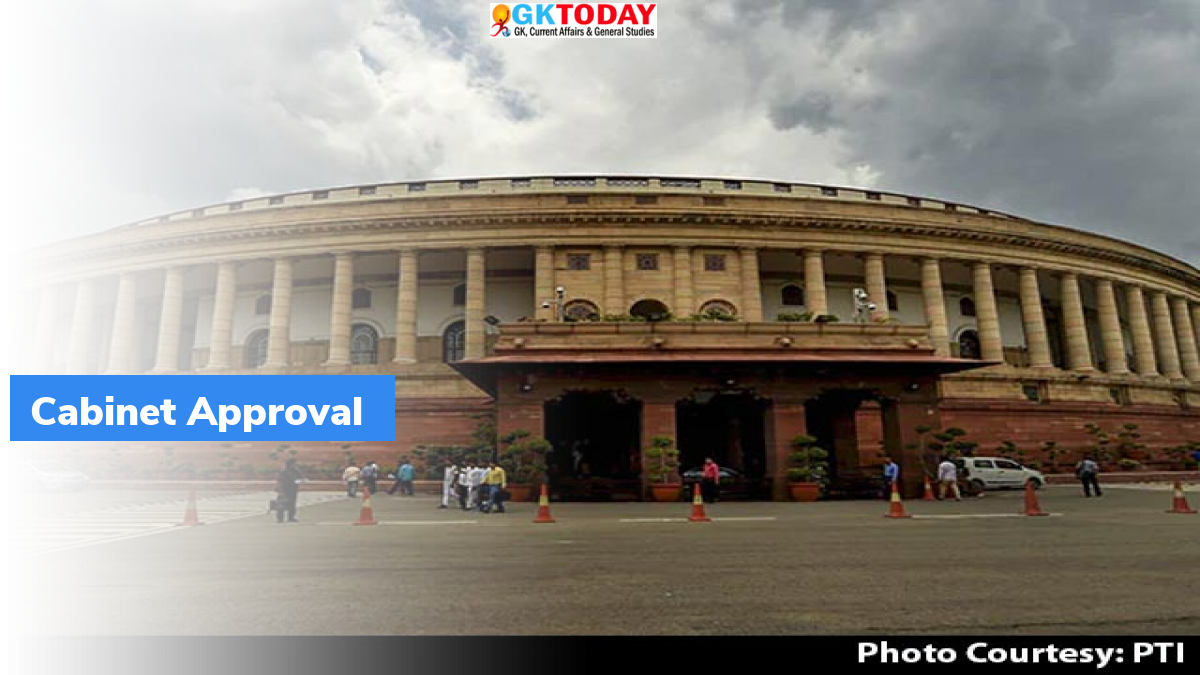States’ powers to make own OBC lists restored
Central government approved a Constitution Amendment Bill on August 4, 2021 that seeks to empower states and UTs to make their own OBC lists
Key points
Bill was approved at the meeting of Union Cabinet chaired by PM. It will now be introduced in Parliament for passage.
Background
On May 5, 2021 Supreme Court had dismissed Centre’s plea seeking review of majority verdict by the court. The verdict ruled that, 102nd Constitution amendment takes back states’ power to declare “Socially and Educationally Backward Classes (SEBC)” to grant quota in jobs and admissions.
102nd Constitution Amendment Act
102nd Constitution Amendment Act of 2018 inserted a new Article 338B. This article deals with structure, duties and powers of the National Commission for Backward Classes. Act also provides for article 342A that empowers the President to notify any particular caste as SEBC and Parliament to change the list.
National Commission for Backward Classes (NCBC)
NCBC was given the status of constitutional body under 123rd constitutional amendment bill 2017 and 102nd amendment 2018 in constitution. Article 338B of the Indian Constitution deals with the NCBC. It works under the parent head of Ministry of Social Justice and Empowerment. NCBC was established on August 14, 1993 in accordance with the provisions of National Commission for Backward Classes Act, 1993.
How NCBC was set up?
NCBC was setup as the result of Indra Sawhney & Others v. Union of India. Supreme Court directed the Government, State Governments and Union Territory Administrations to set up a permanent body in the nature of a Commission or Tribunal to entertain, examine and recommend on requests of inclusion and complaints of over-inclusion and under-inclusion OBC list. Supreme Court also held that, Constitution recognised only social and educational but not economic backwardness.
Month: Current Affairs - August, 2021


